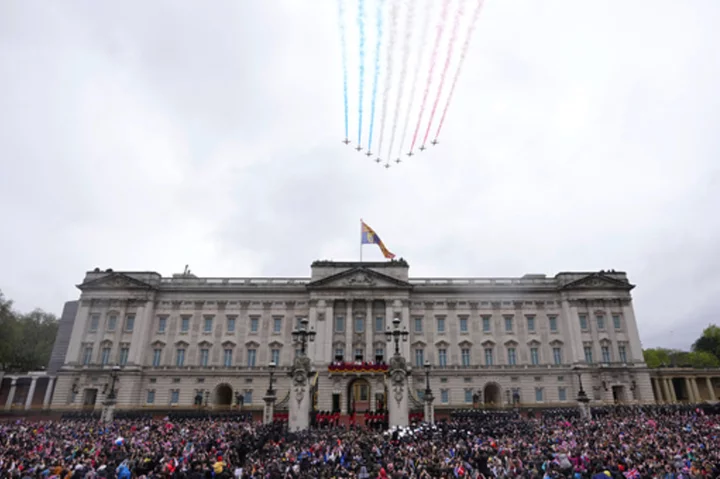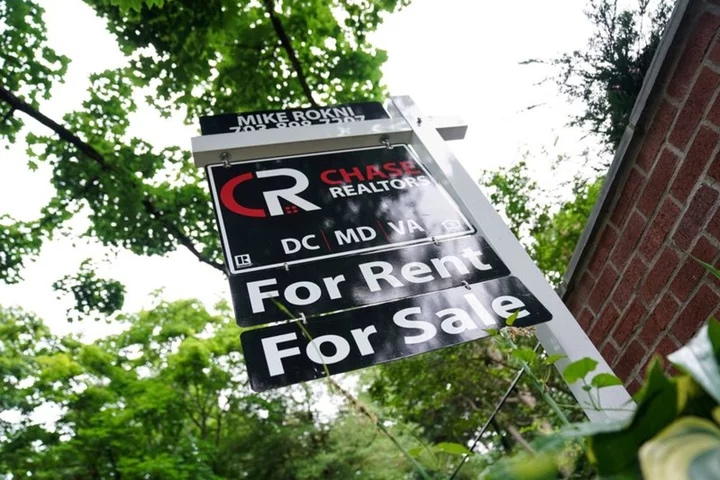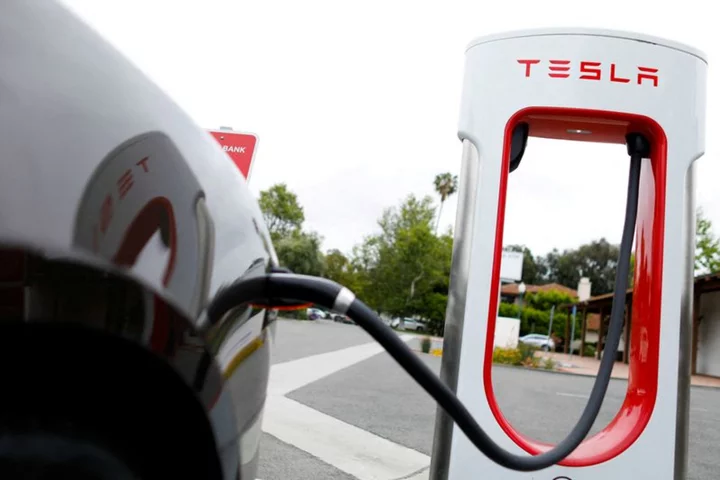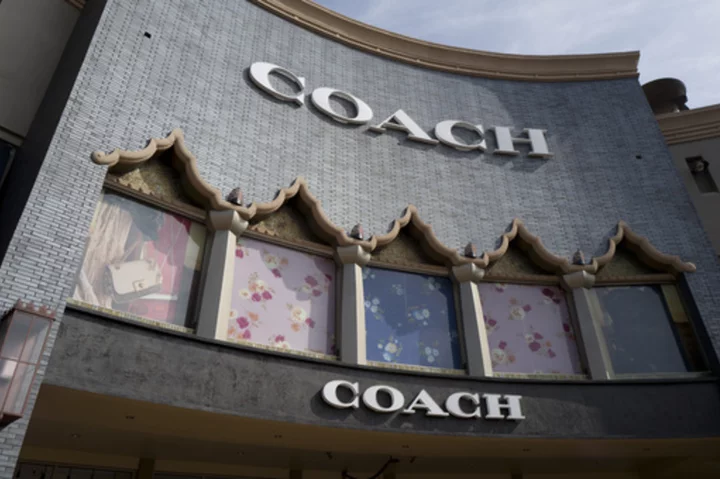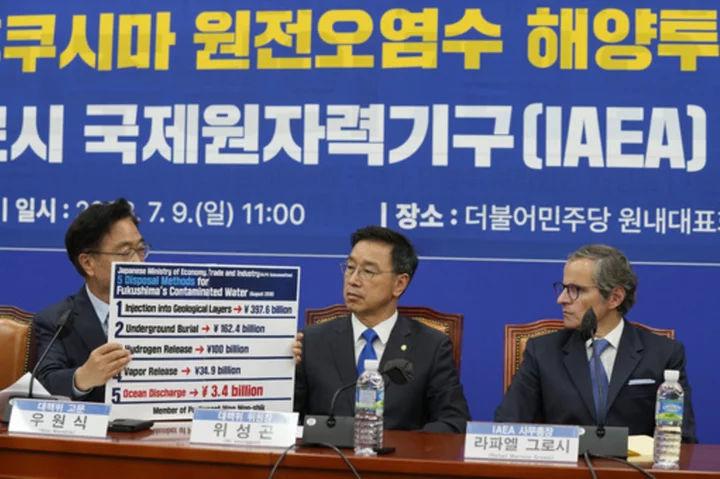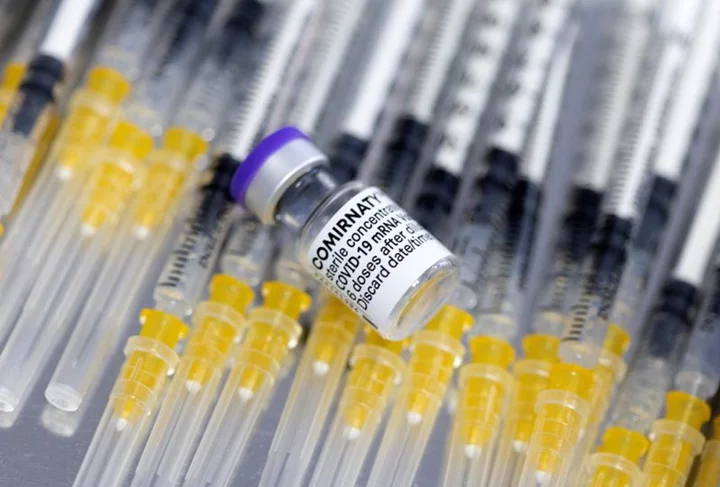LONDON (AP) — A change in monarchs, double-digit inflation and ongoing costs to renovate Buckingham Palace contributed to a 5% increase in publicly funded spending by Britain's royals, according to accounts published Thursday.
The palace's annual Sovereign Grant report showed that net spending was up 107.5 million pounds ($135 million) in the past year. It also said that King Charles III was behind a “concerted effort” by royal staff to turn down the heating at Buckingham Palace and other royal homes during the winter to cut emissions and costs.
Temperatures were set at 19 degrees Celsius (66 degrees Fahrenheit) — and a few degrees lower when rooms were empty, officials said.
The report also confirmed that Prince Harry and his wife, Meghan, have vacated their former home of Frogmore Cottage in Windsor — though officials declined to say who will be the next tenant.
The annual report said the past year was a “period of significant transition" for the monarchy, with extra costs including the Platinum Jubilee of Queen Elizabeth II last summer, her funeral in September and the accession of her heir Charles.
The year saw “grief, change and celebration, the like of which our nation has not witnessed for seven decades,” said Michael Stevens, Keeper of the Privy Purse.
The queen's funeral and events around the ceremony cost 1.6 million pounds ($2 million), while a further 700,000 pounds was spent on her Platinum Jubilee. Officials have not revealed the costs for Charles and Queen Camilla's extravagant coronation ceremony. That took place in May and was not covered in the report, which accounted for royal finances up to the end of March.
Meanwhile, work is continuing for a 10-year long renovation project to overhaul pipes and electricals at Buckingham Palace, with work expected to be finished in 2027.
The Sovereign Grant is public funding to support the official duties of the monarch and other costs such as official travel, thousands of engagements, staff for working royals and maintenance of occupied palaces.
The amount of the grant — 86.3 million pounds ($109 million) in the past year, unchanged from the year before — is based on a proportion of profits from the Crown Estate, a vast collection of land and property across the U.K. The Crown Estate is run independently and has assets worth billions of pounds, including some of London's most expensive real estate.
The amount of the grant was equivalent to each person in the U.K. paying 1.29 pounds for the year.
The year's extra spending meant that the monarchy had to draw on Sovereign Grant reserves, which were reduced by 20.7 million pounds.
Figures released separately on Thursday showed that the Crown Estate will pay more money to the U.K.'s Treasury this year, after making 443 million pounds ($559 million) in net profit from a huge licensing round for offshore wind power last year.
Aside from the Sovereign Grant, Charles and his son Prince William also receive private incomes from royal estates known as the Duchies of Lancaster and Cornwall.
Figures showed that William, who inherited the Duchy of Cornwall estate after Charles became king, received almost 6 million pounds from that source this year.
The estate, valued at more than 1 billion pounds, owns land across the U.K. including landmarks like the Oval cricket ground in London.
William would usually be entitled to the full 24 billion pounds of the estate's annual profits, but that was complicated by the fact that he became heir to the throne halfway through the financial year.
His office, Kensington Palace, said it would not be releasing a report about his finances this year because the past year was a transitional one.
Republic, the anti-monarchy campaign group, criticized the royals for “rowing back on what little transparency there is.”

